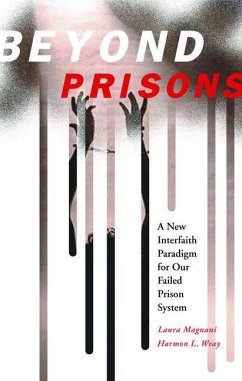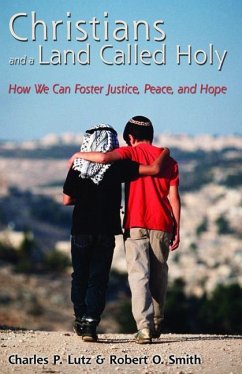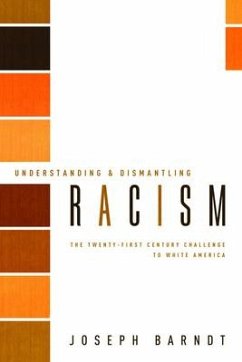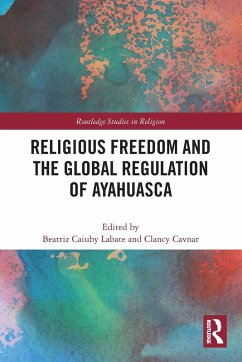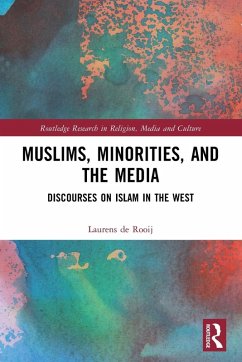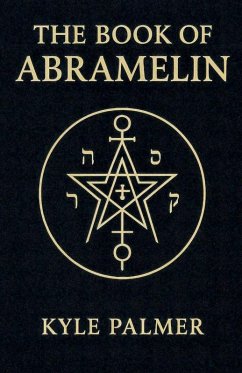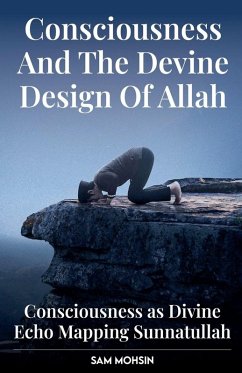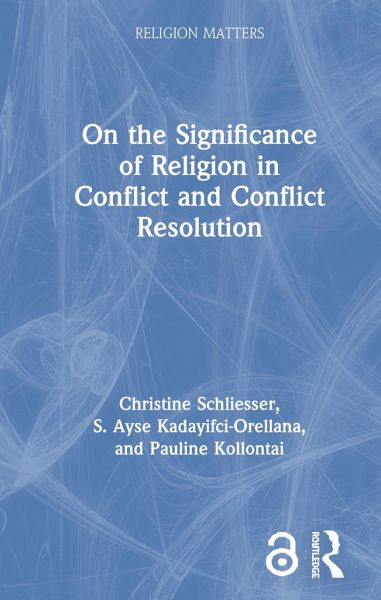
On the Significance of Religion in Conflict and Conflict Resolution
Versandkostenfrei!
Versandfertig in 1-2 Wochen
118,99 €
inkl. MwSt.
Weitere Ausgaben:

PAYBACK Punkte
59 °P sammeln!
In this ground-breaking volume, the authors analyze the role of religion in conflict and conflict resolution. They do so from the perspectives of Judaism, Christianity, and Islam, while bringing different disciplines into play, including peace and conflict studies, religious studies, theology, and ethics. With much of current academic, political, and public attention focusing on the conflictive dimensions of religion, this book also explores the constructive resources of religion for conflict resolution and reconciliation. Analyzing the specific contributions of religious actors in this field,...
In this ground-breaking volume, the authors analyze the role of religion in conflict and conflict resolution. They do so from the perspectives of Judaism, Christianity, and Islam, while bringing different disciplines into play, including peace and conflict studies, religious studies, theology, and ethics. With much of current academic, political, and public attention focusing on the conflictive dimensions of religion, this book also explores the constructive resources of religion for conflict resolution and reconciliation. Analyzing the specific contributions of religious actors in this field, their potentials and possible problems connected with them, this book sheds light on the concrete contours of the oftentimes vague "religious factor" in processes of social change. Case studies in current and former settings of violent conflict such as Israel, post-genocide Rwanda, and Pakistan provide "real-life" contexts for discussion. Combining cutting-edge research with case studies and concrete implications for academics, policy makers, and practitioners, this concise and easily accessible volume helps to build bridges between these oftentimes separated spheres of engagement. The Open Access version of this book, available at: http://doi.org/10.4324/9781003002888, has been made available under a Creative Commons Attribution-Non Commercial-No Derivatives 4.0 license.





